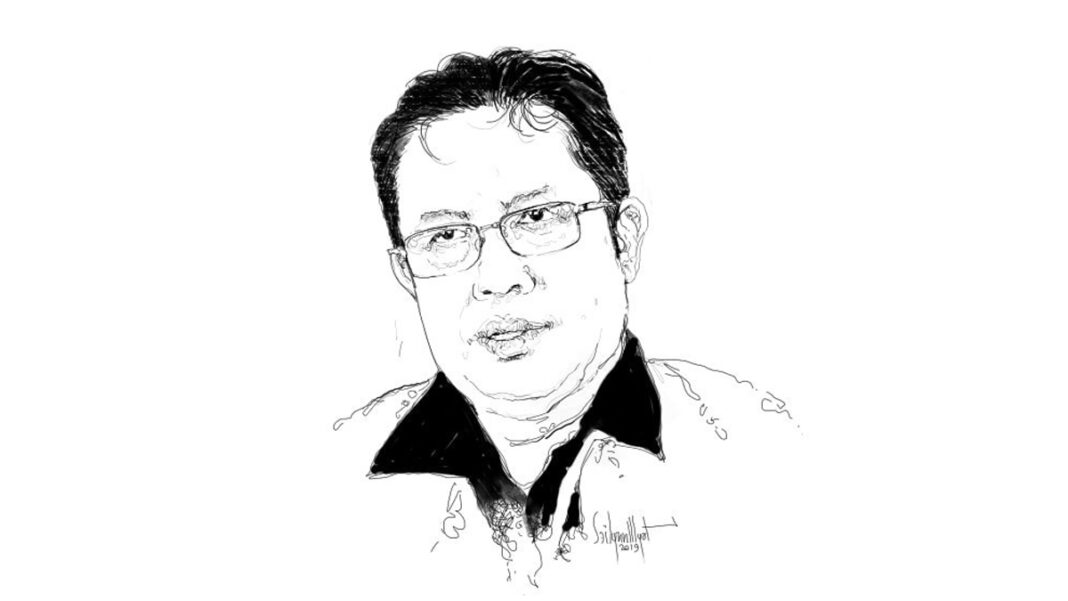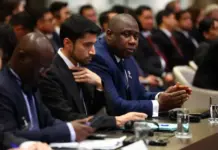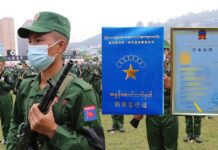China’s influence is the backdrop to the 1027 Operation which led to armed conflict in northern Shan State. Ironically, China was also credited with mediating a ceasefire in December of last year. Nevertheless, the second wave of the 1027 Operation erupted because of the military junta’s failure to comply with this agreement. Thus, the conflict has spread beyond Shan State, getting into the Mandalay region such as cities like Madaya and Singu.
A significant turning point occurred when the Three Brotherhood Alliance (3BHA) successfully captured the Myanmar military’s North Eastern Regional Command in Lashio Township following a month-long battle. This served as a significant setback for the military junta, exposing their vulnerable positions. The reason behind this is because of the military leadership’s underestimation of the 3BHA’s capabilities. Min Aung Hliang neglected to respond to the 3BHA’s desire for negotiation, as he concentrated on his position as Myanmar’s president.
However, Min Aung Hliang blames China for the loss of this North Eastern Regional Command. Similarly, many other extremist Burmese nationalists accused China of helping the 3BHA groups.
Of course, it is true that China has a great influence on this region, but the root cause of the problems is because of the Barmar people. The systematic racism against other ethnic communities has long been rooted in Myanmar’s history. This racism was only realized by the Barmar people when the military junta took power in a coup in 2021. Therefore, the inter-ethnic conflicts in the country could not simply blame China.
Furthermore, the ethnic armed groups have followed the “a might makes right” policy used by the Myanmar military while taking new territory since the Ne Win era. This strategy, along with the military junta’s mismanagement, has exacerbated the problem. Thus, instead of blaming outsiders such as China, India, the United States, and Russia for destroying the country, they should devise strategies to collaborate with them for significant advantages to the country.
Thus, giving a politically incompetent leader like Min Aung Hliang more authority would just help to worsen the situation.
So, for us to achieve peace and stability, the revolutionary groups should favor harmonious coexistence and federalism above military warfare. Ultimately, long-term peace in Myanmar can only be accomplished via comprehensive conversation and reconciliation among the many ethnic groups. While China may contribute to stability, it is neither the fundamental cause nor the solution to the conflict.















Leave a Comments